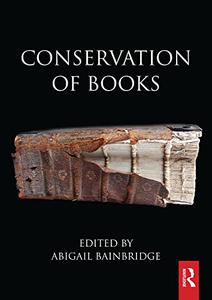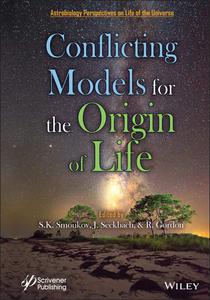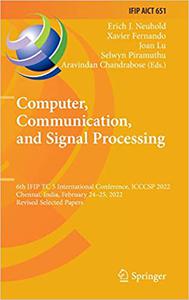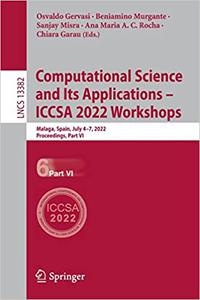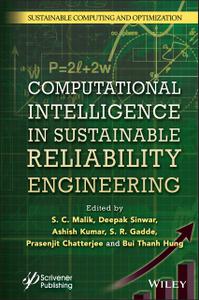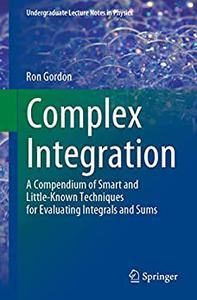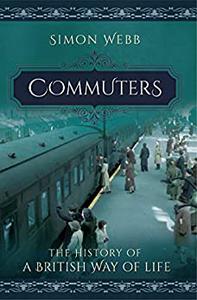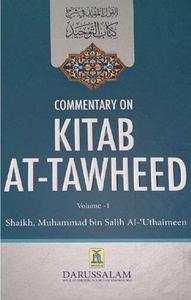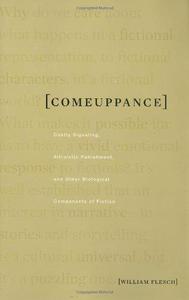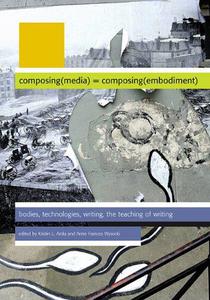 Composing Media Composing Embodiment: Bodies, technologies, writing, the teaching of writing By Kristin L Arola (editor), Anne Wysocki (editor)
Composing Media Composing Embodiment: Bodies, technologies, writing, the teaching of writing By Kristin L Arola (editor), Anne Wysocki (editor)2012 | 288 Pages | ISBN: 0874218802 | PDF | 3 MB
"What any body is-and is able to do-cannot be disentangled from the media we use to consume and produce texts." ---from the Introduction.Kristin Arola and Anne Wysocki argue that composing in new media is composing the body-is embodiment. In Composing (Media) = Composing (Embodiment), they havebrought together a powerful set of essays that agree on the need for compositionists-and their students-to engage with a wide range of new media texts. These chapters explore how texts of all varieties mediate and thereby contribute to the human experiences of communication, of self, the body, and composing. Sample assignments and activities exemplify how this exploration might proceed in the writing classroom.Contributors here articulate ways to understand how writing enables the experience of our bodies as selves, and at the same time to see the work of (our) writing in mediating selves to make them accessible to institutional perceptions and constraints. These writers argue that what a body does, and can do, cannot be disentangled from the media we use, nor from the times and cultures and technologies with which we engage. To the discipline of composition, this is an important discussion because it clarifies the impact/s of literacy on citizens, freedoms, and societies. To the classroom, it is important because it helps compositionists to support their students as they enact, learn, and reflect upon their own embodied and embodying writing.
